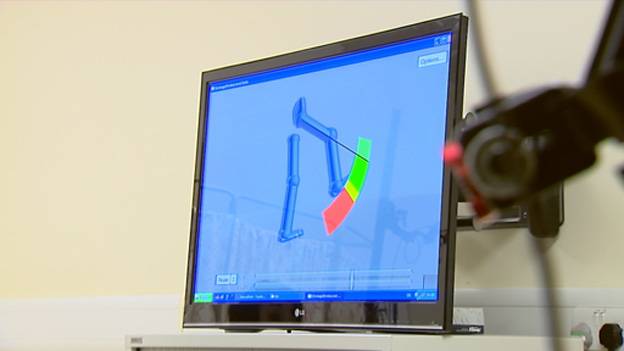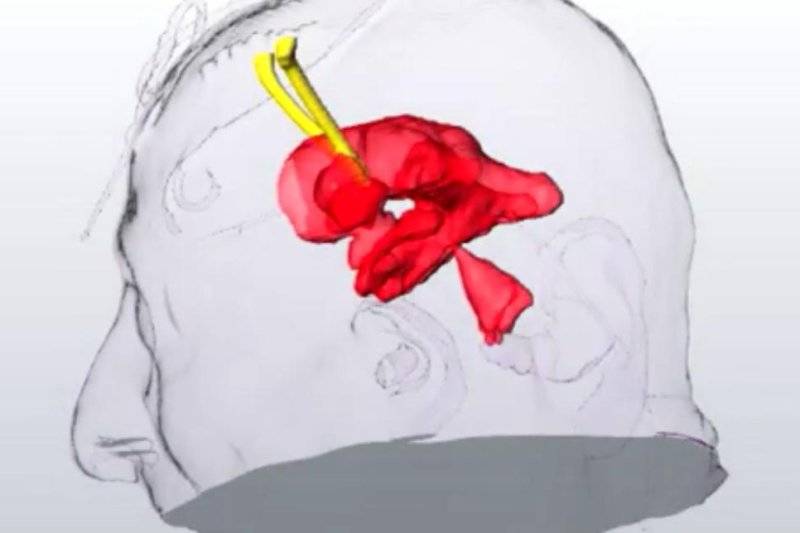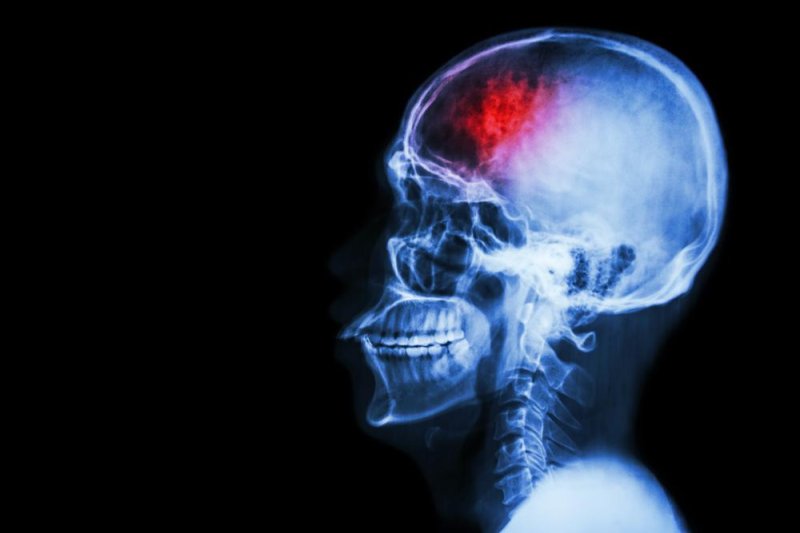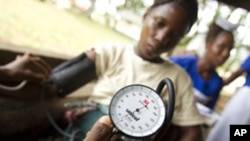Hello now iso that i have critises my goverment in sweden for their health care to the answer been that my aunt gets a stroke that what happens to you in sweden. For critises the regime, I sad welcome julia you have very much to fear about!
Sad bleedmen on flashback in sweden.
Sad bleedmen on flashback in sweden.







